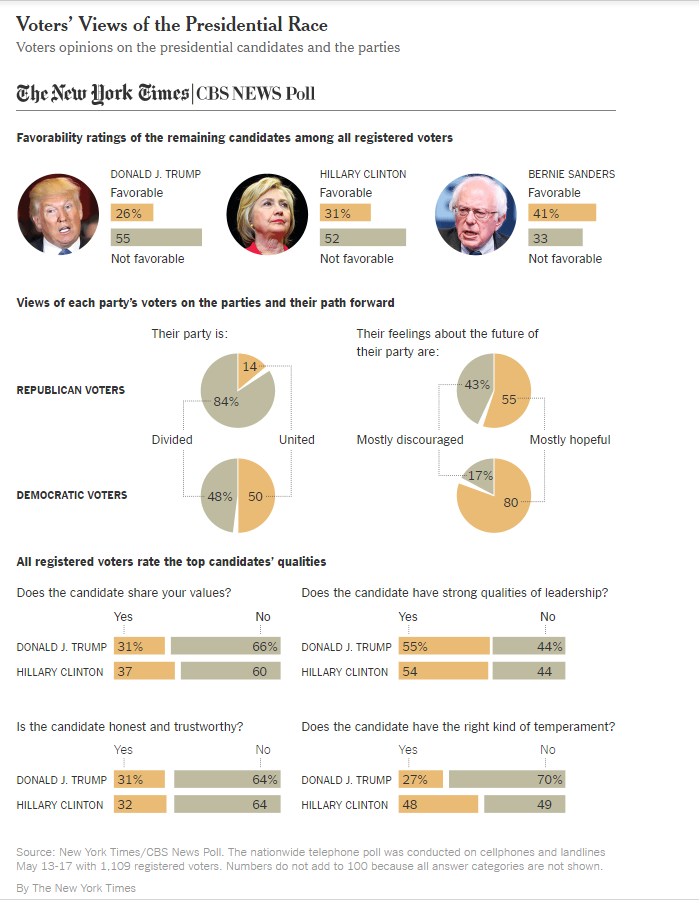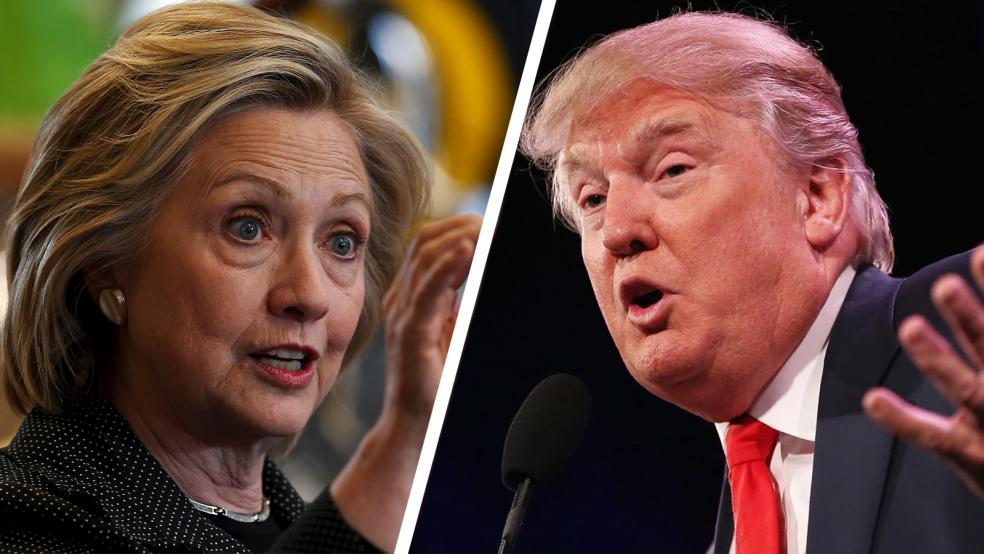Today I heard one of the smartest people I know say that in the 2016 election we’re becoming more like Europe, and “class” is motivating voters more than anything else. What Council on Foreign Relations president Richard Haass was really saying is that – especially for young people -- at a time of lowering expectations and growing income inequality, a class-driven election is a new phenomenon in the post-war era.
For the United States, at least, a move toward more class-based politics promises more conflict and less cohesion, both socially and politically.
When MSNBC host Joe Scarborough asked Haass on Morning Joe today how a president leads with record low public support – Hillary Clinton currently has a 31 percent favorability rating and Donald Trump is at 26 percent – he said, “The one thing we know is that whoever wins is going to inherit and extraordinarily demanding inbox internationally and domestically and this doesn’t shout mandate at you.”
Related: Clinton: Trump’s Not Qualified, and Sanders Is Done
“This doesn’t shout a country ready to come together, ready to compromise, ready to make tough decisions -- whether it’s on the budget or the deficit or on taxes or on big foreign policy questions. You almost get the sense that whoever wins is going to enter the White House rather than with the wind at their back, they’re going to enter the White House with a lot of headwinds — and a real challenge to bring the country together.”
The conflict among voters is evident in a new poll from The New York Times, which adds to the startlingly negative numbers we have seen in this election from the outset. The big surprise is that 84 percent of Republicans say their party is divided. Just under half of Democrats say the same about their own party.

Bernie Sanders is the only candidate with a positive favorable rating, at 41 percent.
Commenting about the Sanders’ movement among young people on Morning Joe, The New York Times’ Anand Giridharadas said, “A lot of them [the young Bernie Sanders supporters] are part of a generation whose lives have never gotten to start. You’ve been hearing in Europe about a whole generation who went to college and they never got a job and they’re now 30 and still don’t have a job. That thing that’s happening in Europe is starting to happen here.”
What Giridharadas and Haass were hinting at was a new political paradigm for the U.S., one that may not arrive gently.




